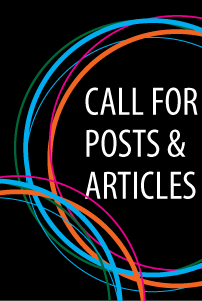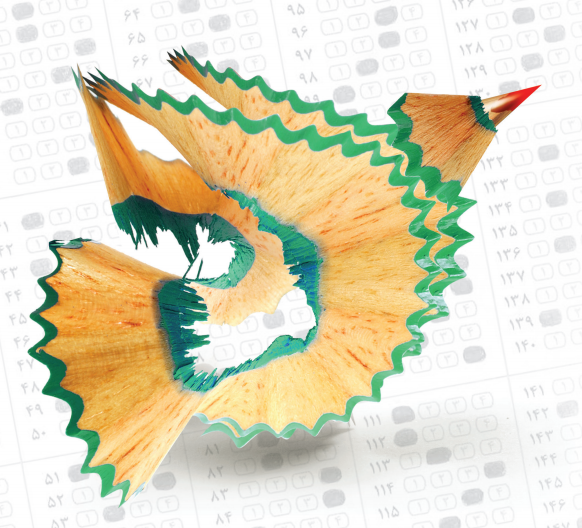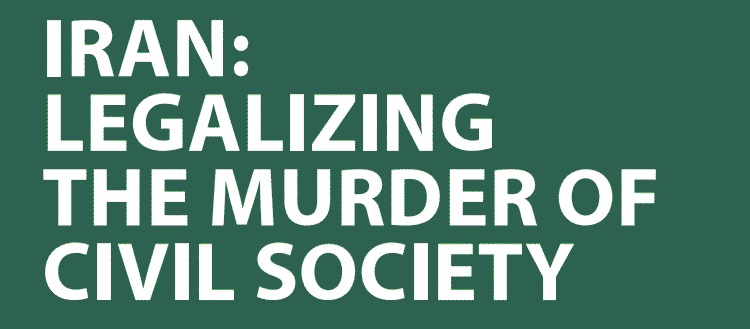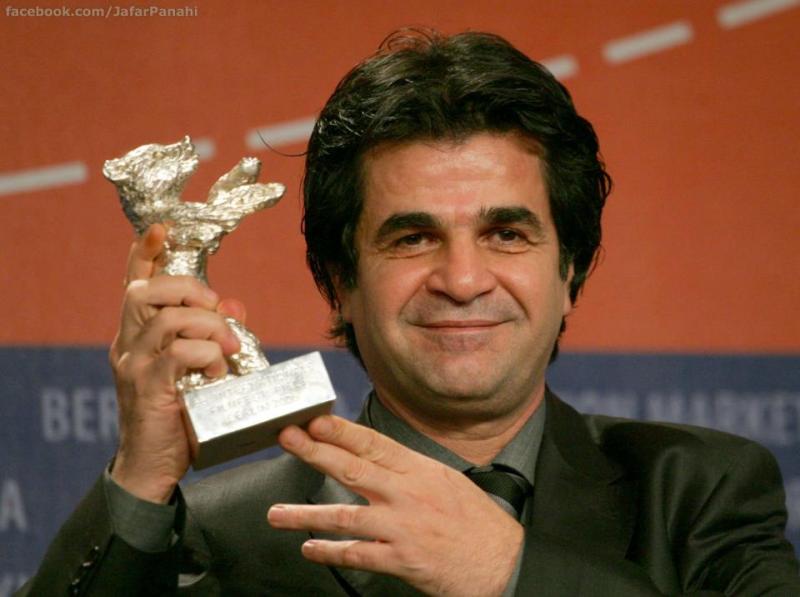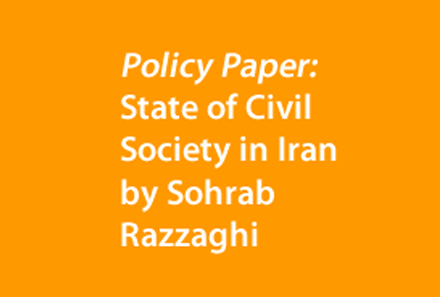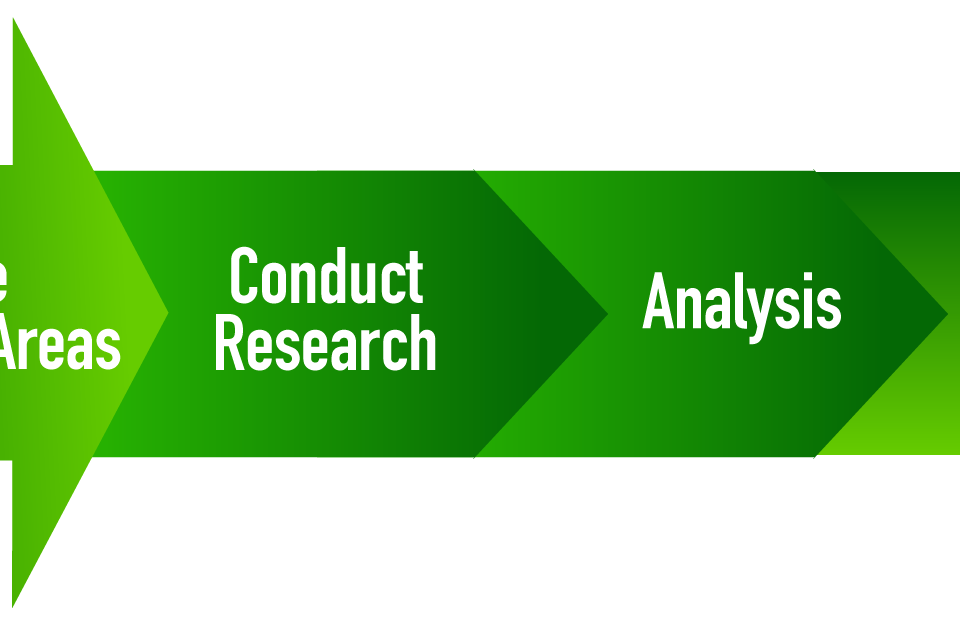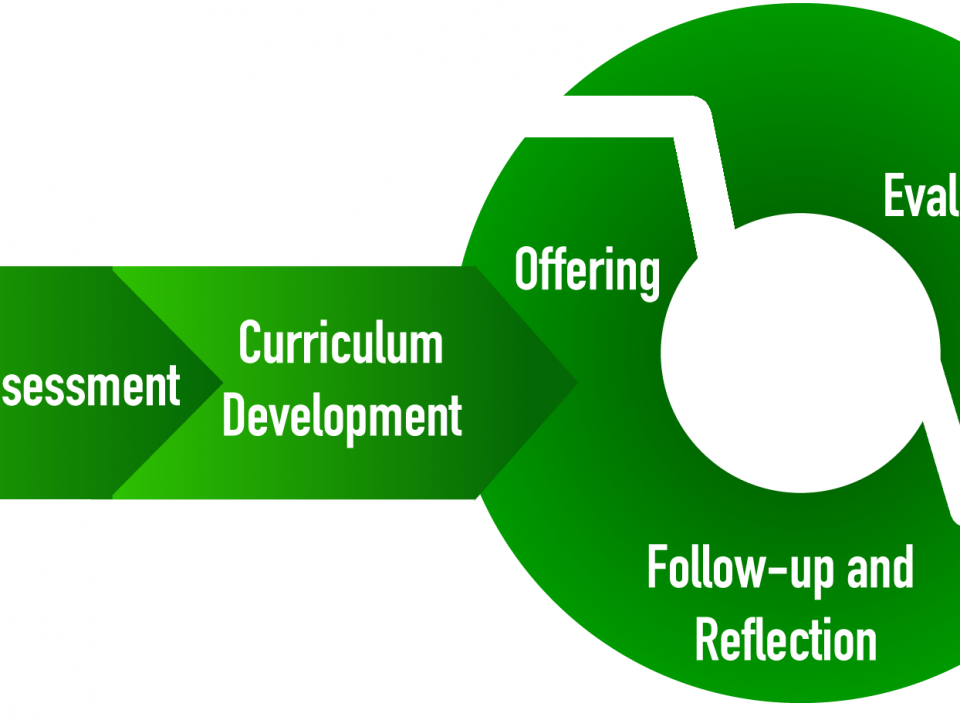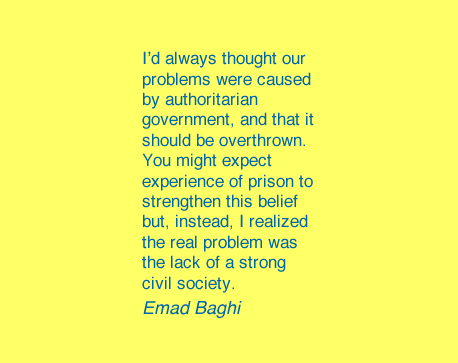December 9, 2010
Arseh Sevom's Call for Articles and Posts: "Networks, Networking, and Change: Traditional, Social, Digital."
DUE: FEBRUARY 25.Universities, churches and mosques, cafes, squats and upstart art spaces have all been incubators for social movements. Can virtual meeting places join those physical meeting places as breeding places for social change? Have they already?There is so much to learn about how networks function and work together, which is why Arseh Sevom has chosen the topic: "Networks, Networking, and Change: Traditional, Social, Digital,” for its first online magazine.


